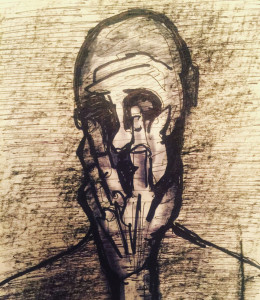“If only there were evil people somewhere insidiously committing evil deeds, and it were necessary only to separate them from the rest of us and destroy them. But the line dividing good and evil cuts through the heart of every human being. And who is willing to destroy a piece of his own heart?” – The Gulag Archipelago (1973)
Alexander Solzhenitsyn was a Russian novelist, historian, and short story writer. He was an outspoken critic of the Soviet Union and communism and helped to raise global awareness of its Gulag forced labor camp system.
The Gulag Archipelago was composed from 1958 to 1967. It was a three-volume, seven part work on the Soviet prison camp system. The book was based upon Solzhenitsyn’s own experience as well as the testimony of 256 former prisoners and Solzhenitsyn’s own research into the history of the Russian penal system.1
Solzhenitsyn made his observations about the human condition from this unique vantage point.
From the point of view of a family law attorney, I appreciate his insights. It is not difficult to see that people embroiled in a divorce tend to set up camp against each other. The divorcing spouse becomes the “other”, and as such, a type of adversary. After all, our legal system is clearly adversarial in nature.
This adversarial context promotes a polarization. There is a perception that the other party is wrong, and justice is invoked to seek what is right.
However, in the context of a family law dispute, this understanding presents a false dichotomy. The truth is that a divorce contest often presents good people acting on their worse behavior. In the throes of such behavior, parties rarely see how they are complicit in their own suffering. Hence, they fail to recognize that they are tearing out a piece of their own heart.
Collaborative law should be examined. With this process, dignity and respect accompany a team-based cooperative approach to problem solving. Professionals work with clients to develop options that are considered. The parties make the choices that will govern their future as opposed to a judge (a stranger) making their decisions for them.



